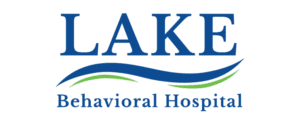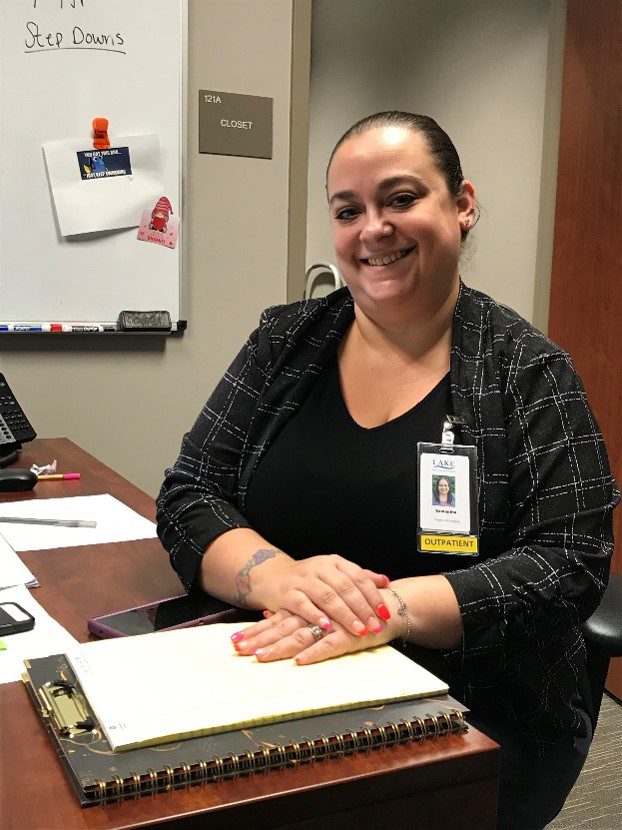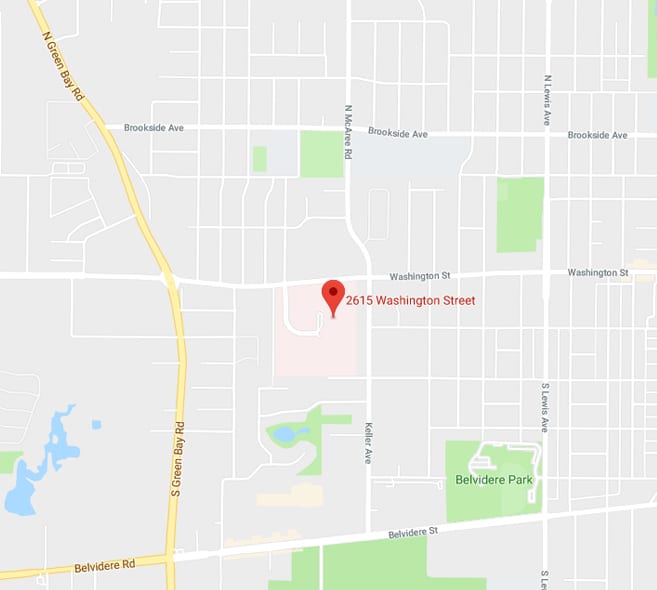Lake Behavioral Hospital: Intensive Outpatient Programs
The Intensive Outpatient (adults) and Partial Hospital Programs (youth 13-17 years old) at Lake Behavioral Hospital are grounded in group therapy. Group therapy has proven successful in helping patients grow and learn, and thrive in recovery from mental illness and substance abuse. The following skills that are developed during our peer-supported programs are what makes our outpatient programs places of health and healing:
- By being involved in peer groups, a lifelong skill of learning to relate to others is naturally developed. The Lake Behavioral team then works to help patients explore concepts of sympathy and empathy which will cement relationship development and encourage kindness.
- Patients share their story. This is helpful in helping other group members fully understand that many people live with mental illness and thrive. They begin to understand that they are enough and that they are not alone. They also learn to listen non-judgmentally.
- The Lake Behavioral team ensures that patients have a clear understanding of who their support system is and how to development a solid foundation of support before they are discharged.
- Patients learn many levels of coping skills, social skills and communication skills. One of the big benefits of outpatient programming is that patients can practice these skills at home or work following programming and return the next day to group to re-report out on successes or struggles. This is learning followed by real time practice. It really makes a difference!
- Our patients feel a part of their group. They begin in outpatient, sometimes for the very first time, to understand the importance of feeling like they belong to something bigger than them. Discussing how to find this feeling after discharge is important to recovery.
If you would like to explore how you, a friend or family member, can benefit from IOP or PHP, please do not hesitate to call. We look forward to sharing program information with you. If you have already made the decision to be assessed for program, please call to schedule at 855-990-1900. You may walk-in for an assessment, as well.




